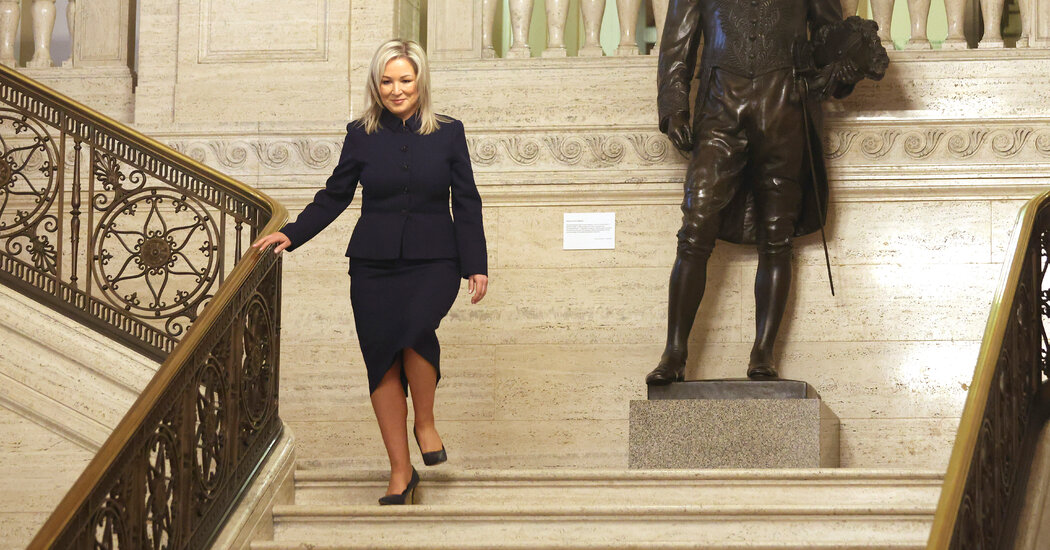wonder if we’ll see one Ireland in our lifetimes. does feel like Brexit set the table for both this, and perhaps more.
In case you weren’t aware, it’s scheduled for sometime this year
Would be awesome, but it’s not less problematic than it was 40 years ago.
I disagree. It seems like there is far less religious animosity between young Protestants and Catholics, and the economic and practical benefits of reunification are significantly stronger after Brexit. The old soldiers and terrorists and victims from 40 years ago are aging or dead, and the new generation read about the troubles in history books. The crown has never been weaker, and the political leadership in parliament can’t find their own dicks to pee out of.
That is a very superficial outsiders view.
The Troubles weren’t 40 years ago. They only “officially” ended with the Good Friday agreement in 1998, which wasn’t the end of the violence, not by a long shot. This isn’t ancient history, most of the people living here lived through it. And it comes up repeatedly over the years. Flag protests, parade routes, bonfires.
Those old soldiers and victims are being brought up. I lost track of the amount of times I heard “soldier f” in the news. And there’re countless other legacy issues still ongoing.
It’s also not just a religious issue. You can generalise it as protestant and catholics, but it is a lot deeper. It is about a cultural national identity, not economic or because the Crown is “weak”.
Yes okay, it is definitely less problematic than it was 40 years ago, but there are still fenced off communities and armored police cars. Things are pretty okay now, but Belfast is still a divided city and always will be. I’m not a native, but I visit regularly and I’ve never actually met anyone my age who cares about the divide, but I’ve never met anyone who doesn’t acknowledge the divide either.
This is the best summary I could come up with:
Now, for the first time, a Sinn Fein politician holds Northern Ireland’s top political office, a landmark moment for the party and for the broader region as a power-sharing government is restored.
“It tells us just quite how far Northern Ireland has come, and in many ways the success of the Good Friday agreement and use of democratic and peaceful means of achieving cooperation.”
“They’ve made the prospect look realistic, and Brexit helped, because support has increased somewhat,” said Jonathan Tonge, a professor of politics at the University of Liverpool who specializes in Northern Ireland, and who has extensively analyzed polling on the issue.
In the Republic of Ireland, the party won the popular vote in 2020, partly by focusing attention on social issues like housing and positioning itself as an alternative to the status quo.
Last month, tens of thousands of public sector workers walked out in protest over pay, in Northern Ireland’s largest strike in recent memory.
“Look at what happened when people did get around a table and work to create peace here, and the Good Friday agreement came from that,” said Paul Doherty, a city councilor who represents West Belfast, one of Northern Ireland’s most deprived communities.
The original article contains 1,448 words, the summary contains 201 words. Saved 86%. I’m a bot and I’m open source!
I believe this change more so reflects a desire for Northern Ireland to be more independent from both the UK and the Republic of Ireland, rather than a desire to form a unified Ireland.
The trading border imposed by Britain has made Unionists feel like they are not treated fairly within the UK, yet at the same time unification is not desirable due to fears of the renewal of violence and terrorism.
Unionism is a fundamentally irrational world view given how Westminster treats NI.


